7 Products You’d Better Avoid in Supermarkets
Put just about anything into a pretty package and someone will buy it. All too often we don’t think about what we take from supermarket shelves, yet there’s a risk to our health in that.
FunnyModo would like to tell you which products you shouldn’t ever take and why.
Ready-to-eat salad
Bacteriologists warn that the most dangerous food in a supermarket is cut and packaged salad. Although the package may say it’s “ready to eat,” it can still be home to harmful bacteria inducing intestinal diseases. They make their way from the soil and can’t be eradicated because salad isn’t thermally processed. To stay on the safe side, always thoroughly wash any greens you buy.
Sausage
The World Health Organization has admitted that sausage, bacon, and other processed meat products provoke cancer. Nitrites contained within such foods transform into nitrosamines, potent carcinogens, in the bowels. Smoked meat may also contain benzopyrene, another carcinogenic substance. It’s safer to buy a hunk of good meat, cook it yourself, and eat it with sandwiches or as an appetizer. Also make sure it’s always in the fridge or in the popular Yeti Cooler to keep food well-cooled.
Bottled green tea
A recent study has shown that a bottled drink that’s said to be green tea has, in fact, nothing in common with it. Green tea is famous for its antioxidant properties; now imagine that a cup of actual tea contains as many antioxidants as 20 bottles of this drink. It consists mostly of water and sugar, which is more abundant here than in soda. It’s better to just brew some real tea and take it with you.
Foods with fruit additives
Berry buns and sweet yogurts may look nice, but what’s really inside them are fruit fillings that are easy to produce and sell. Preservatives, flavorings, and thickeners prevent them from spoiling and mixing in with batter, and there’s precious little real fruit in them. Manufacturers even honestly write in the contents that there’s about 20-40% of fruit in such fillings. Better just throw a handful of fresh berries into your morning meal.
Mayonnaise
Mayo traditionally consists of eggs, vinegar, vegetable oil, and spices. The stuff we buy in stores also has preservatives, food colorings, and stabilizers. “Light” mayonnaise contains less fat (35% instead of 50%), yet to preserve its taste and thickness, starch and sugar are added to it. The resulting calories are almost similar to regular mayo. This sauce isn’t healthy either way, but, if you like it, best prepare it at home.
Ground spices
Ground spices are easy to mix in with cheaper additives. For instance, cassia is often sold instead of cinnamon, and safflower instead of saffron. Just take whole spices, and grind them at home. Spices are better without sodium glutamate, a taste intensifier. It’s harmless but makes natural food flavors seem insipid if consumed regularly.
Bread
Supermarket bread is baked from chemically bleached flour (e.g., with benzoyl peroxide, also used to make explosions in movies). Such flour can be kept longer and is safe from insects, yet it’s of no real use either. Bread dough also has a flour treatment agent containing dough strengtheners, taste improvers, surfactants, etc. All these additives improve the dough quality and prolong the “best before” date, but does our body really need them?
Buy your bread in small bakeries where you can ask all about the manufacturing process.
Preview photo credit depositphotos, depositphotos

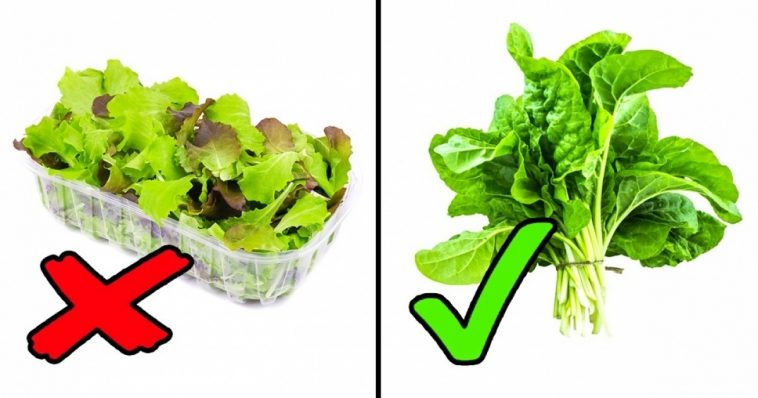
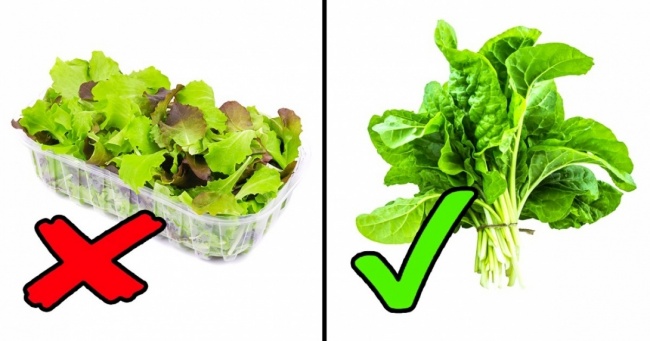
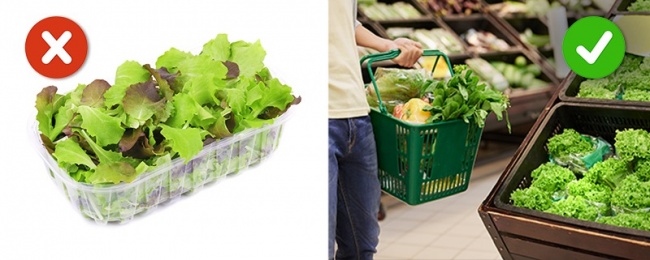
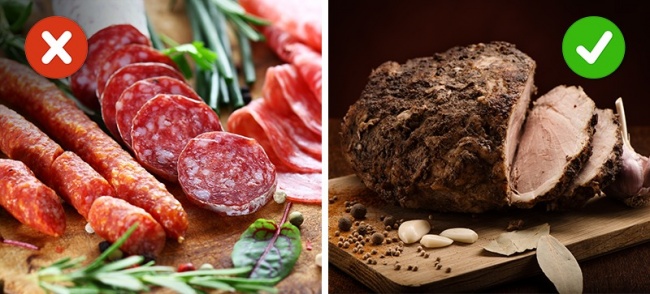
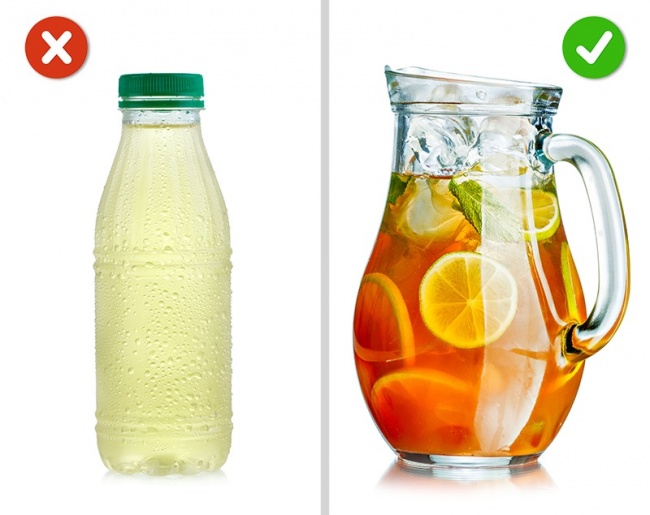
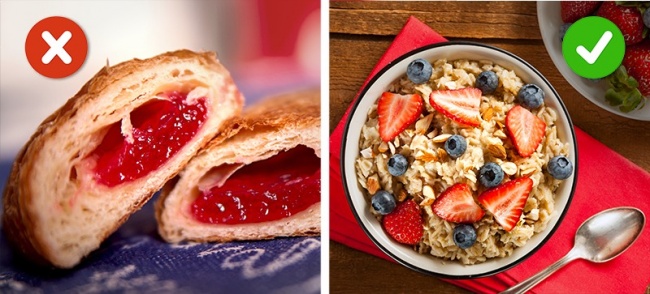
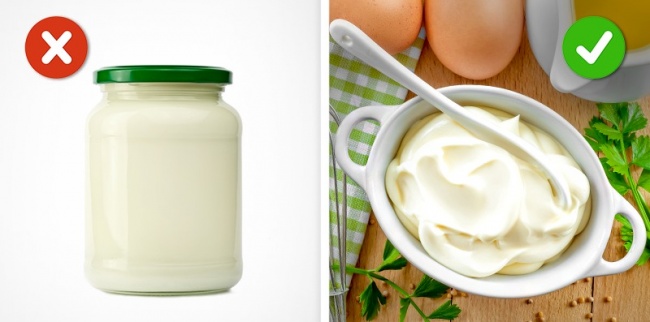
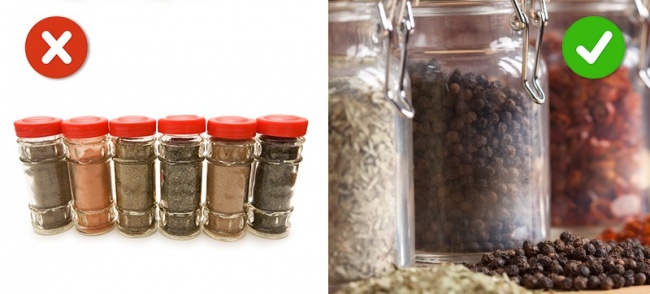
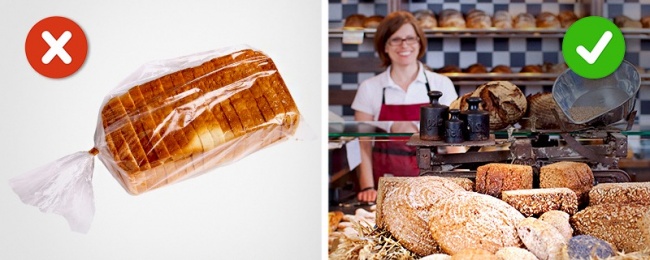


Comments